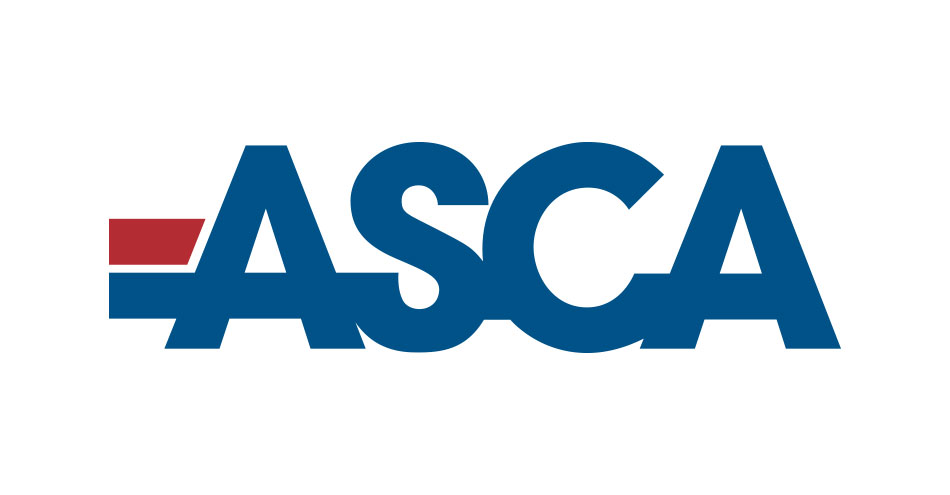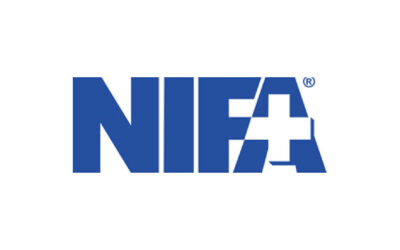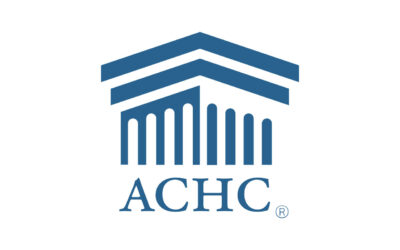 By Bill Prentice
By Bill Prentice
From early March through the end of April, it seemed that almost everyone I talked to used the word “coronavirus” or “COVID-19” at some point in our conversation. ASCA staff worked seven days a week during that time, conferring with federal and state officials to determine the best ways for ASCs to participate in their community’s response. They were collaborating with our professional colleagues and state ASC leaders to make certain ASCs had access to the best guidance possible. They were collecting, analyzing and distributing the information ASCs needed to make wise decisions for their centers.
If you work in an ASC and have not visited our online COVID-19 Resource Center, I encourage you to visit that site (www.ascassociation.org/covid-19). We continue to update it as new information becomes available.
Today, along with the rest of the country, ASCs are focused on what is next. How do we move forward? For ASCs, that means finding the best ways to provide our patients with the services they need while keeping them and their families safe.
After canceling non-emergent surgeries for several weeks this spring while the country focused its resources on caring for those affected by the virus, ASCs are, once again, performing elective surgery. The first reports we are getting indicate that many patients are anxious to get the surgery they postponed earlier and most are happy to comply with the new policies and procedures ASCs are putting in place to provide additional safety for their patients.
As one ASC administrator reminded me recently, the term “elective surgery” can be misleading. Often when people who are not health care professionals hear that word, they think it means cosmetic surgery or some procedure that has nothing to do with a patient’s physical well-being. In reality, a patient in need of an elective surgery could be coping with a significant amount of pain or discomfort. The only aspect of the procedure those patients consider elective is the exact timing of the surgery, not whether to have it done.
Some of the new policies ASCs have put in place in response to COVID-19 include requiring everyone who enters the ASC to wear a mask or face covering of some kind, enforcing social distancing recommendations and asking the friends and family members who accompany patients to the center to wait somewhere outside the facility while surgery is performed – making exceptions for pediatric patients and special circumstances, of course. With these new processes in place, one ASC administrator I talked to recently reported returning to about 80% of his ASC’s regular caseload in just one week. Another indicated that her ASC was at nearly 100% after two weeks.
“We have always sterilized our ORs in between patients, so there is nothing new there,” she said.
What can take a little longer, other ASC managers tell me, is creating the schedules and additional space needed to adhere to the social distancing guidelines and spending additional time reviewing the new policies with patients.
As ASCs adjust to the new normal, ASCA is adjusting too. Back in March, when COVID-19 was being reported in new places across the country several times a week – we postponed ASC Advocacy Day. That event brings ASC staff and physicians, and others who work with ASCs, to Washington, D.C., to meet with their members of Congress to discuss key ASC policy concerns. It has been a critical component of ASCA’s advocacy program for many years. As I write this message, ASCA has moved that event into late September and is still working to determine if the new date will be viable. If so, we are considering what sort of meetings members of Congress and their staff will prefer. For the most current information on that event, please see ASCA’s website (www.ascassociation.org/nationaladvocacyday) or contact ASCA Manager of Grassroots and Political Affairs Adam Parker at aparker@ascassociation.org.
ASCA Conference
When it became clear that the May date for ASCA’s 2020 Annual Conference & Expo was no longer an option, ASCA got to work converting that program into a virtual conference that included special interactive events in the expo hall. It included sessions that attendees could join live – with presenters on hand to answer questions – on July 9 and 10 or watch on-demand recordings through October 31.
The virtual conference delivers all the same great educational content ASCA events are known for, with two significant benefits. First, the new format allows participants to attend more sessions, so they can earn up to 26, instead of 18, nursing contact hours, administrator education units (AEU) and/or infection prevention credit hours (IPCH). Second, all conference participants have access to the recorded sessions through October 31. If you did not sign up for the conference earlier, you can still register today and access the entire program. For more information, visit the ASCA 2020 website at www.ascassociation.org/asca2020.
COVID-19 Resources
Earlier this year, as ASCA reached out to federal and state officials to help coordinate the ASC community’s response to the pandemic and developed and disseminated the COVID-19 resources ASCs needed, I heard from many ASCs of all specialties and sizes thanking ASCA for the work we were doing and the tools and information we were providing. Many recognized that no other organization was delivering the kind of comprehensive services ASCA was providing. None of that work would have been possible without the support of our members.
As we head into the next chapter of our “new normal,” I am encouraging everyone who works in an ASC to make sure your ASC is a member. If you don’t know if your facility is a member or need help signing up, please contact Mykal Cox at mcox@ascassociation.org.
With so much uncertainty surrounding so much of what we took for granted before, it is more important than ever for ASCs to be represented in Washington, D.C., and their state legislatures and to speak with a united voice. Please, if you work in an ASC, help support the work ASCA is doing and get involved with ASCA today.









